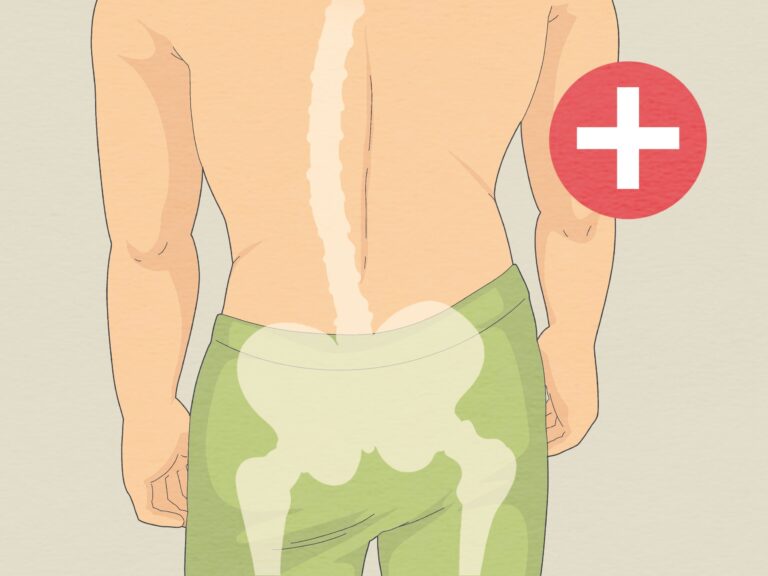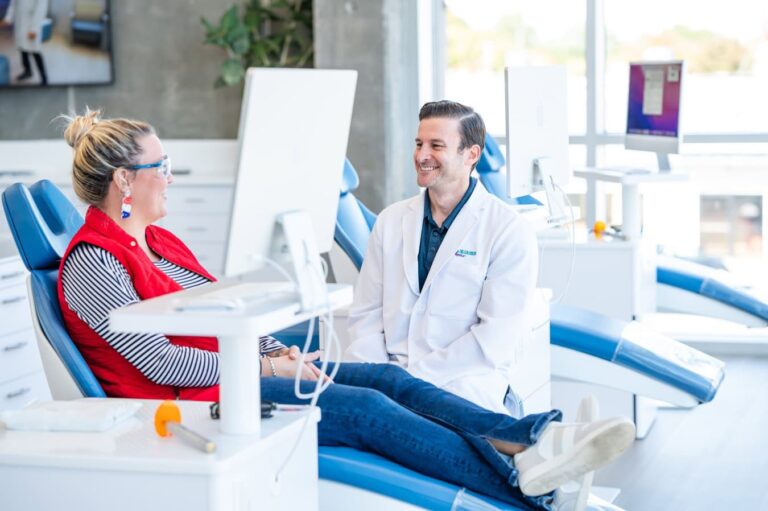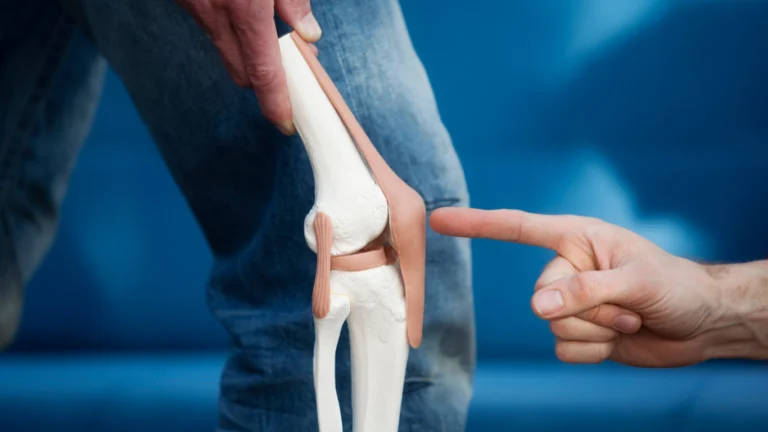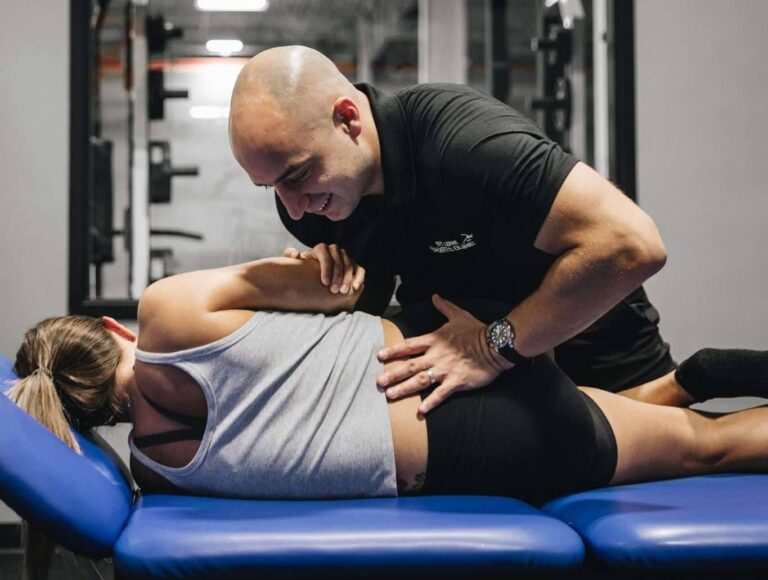Treatment Options for Easing Arthritis Pain
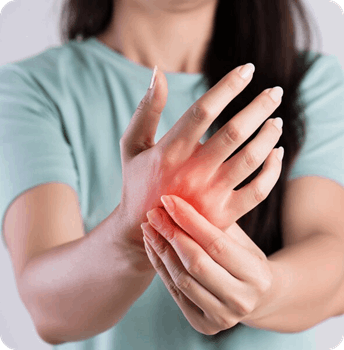
Arthritis affects millions in the United States. It involves inflammation of one or more joints, leading to discomfort, stiffness, and other debilitating symptoms. Pain specialists provide treatment options like spinal cord stimulation and massage therapy to ease the impact of arthritis. Here is more information on this condition, potential causes, symptoms, and treatments aimed at improving quality of life:
What Is Arthritis?
Arthritis is a medical condition characterized by inflammation in one or more joints of the body, leading to swelling, stiffness, and pain that varies in intensity from person to person. Arthritis often develops gradually over time, but it can also occur suddenly, depending on the type and cause. The condition impacts individuals differently, with some experiencing mild discomfort and others facing significant mobility challenges.
What Are the Different Types?
Arthritis takes many forms, each with distinct characteristics. The two most common types are osteoarthritis and rheumatoid arthritis. Osteoarthritis results from wear and tear on the joints over time, often affecting areas such as the hips, knees, and spine.
Rheumatoid arthritis is an autoimmune disorder where the body’s immune system mistakenly attacks its joints, leading to inflammation. Other types include psoriatic arthritis, gout, and arthritis associated with lupus. Each type requires a specific approach to management and treatment.
What Causes It?
The causes of this condition depend on its type. Osteoarthritis often develops from repetitive stress on the joints or age-related cartilage breakdown. Genetics, obesity, and previous joint injuries are significant contributing factors.
Inflammatory types, such as rheumatoid arthritis, arise from autoimmune activity in which the immune system mistakenly attacks healthy tissues. Gout occurs due to a buildup of uric acid crystals in the joints. Infections or metabolic disorders may also cause this condition.
What Are the Symptoms?
Symptoms can vary based on the specific type, but several common signs are typically observed. Joint pain and stiffness are among the most prominent, and these often worsen during periods of inactivity or at certain times of the day. Swelling, redness, and decreased range of motion in the affected joints are also experienced.
For some individuals, symptoms may extend beyond joint discomfort. Fatigue, fever, and weight loss may occur, especially in autoimmune forms such as rheumatoid arthritis. Identifying symptoms early is key to managing the condition effectively.
What Treatments Provide Pain Relief?
Treatments for this condition focus on relieving pain, reducing inflammation, and improving joint function. A variety of treatment options provide relief and can complement other medical approaches.
- Spinal Cord Stimulation (SCS): This treatment uses low-voltage electrical currents to modify pain signals before they reach the brain.
- Platelet-Rich Plasma (PRP) Injections: PRP therapy uses the patient’s blood plasma to promote healing in damaged tissues and reduce inflammation.
- Epidural Steroid Injections: Administering a corticosteroid into the epidural space surrounding the spinal cord can help reduce inflammation and pain.
- Sympathetic Nerve Block: This involves administering an anesthetic near nerves known to contribute to pain.
- Massage Therapy: Massage can loosen tight muscles and increase circulation around painful joints.
- Acupuncture: This practice involves the use of fine needles to stimulate specific points on the body, potentially alleviating pain.
- Ketamine Infusions: Low-dose ketamine infusions can help manage chronic pain, including arthritis-related discomfort.
Ease Your Pain Now
Arthritis can impact quality of life, but effective pain relief and management options can help restore mobility. From PRP injections to acupuncture, a variety of treatment modalities are available to suit individual needs. To explore which pain relief option may work best for you, reach out to a pain specialist today.
- What to Expect When Visiting a Foot and Ankle Specialist
- Causes of PTSD
- The Link Between Plantar Fasciitis and Weight Gain: What You Need to Know
- How Pet Ownership Can Positively Impact Life with Fibromyalgia
- The Importance of Stretching and Flexibility in Sports Medicine
Dr. Emma Green is a health and wellness expert with over 10 years of experience in nutrition and fitness. Passionate about helping others live their healthiest lives, Dr. Green shares practical advice on wellness, nutrition, and sustainable living through LivingSpristine.

